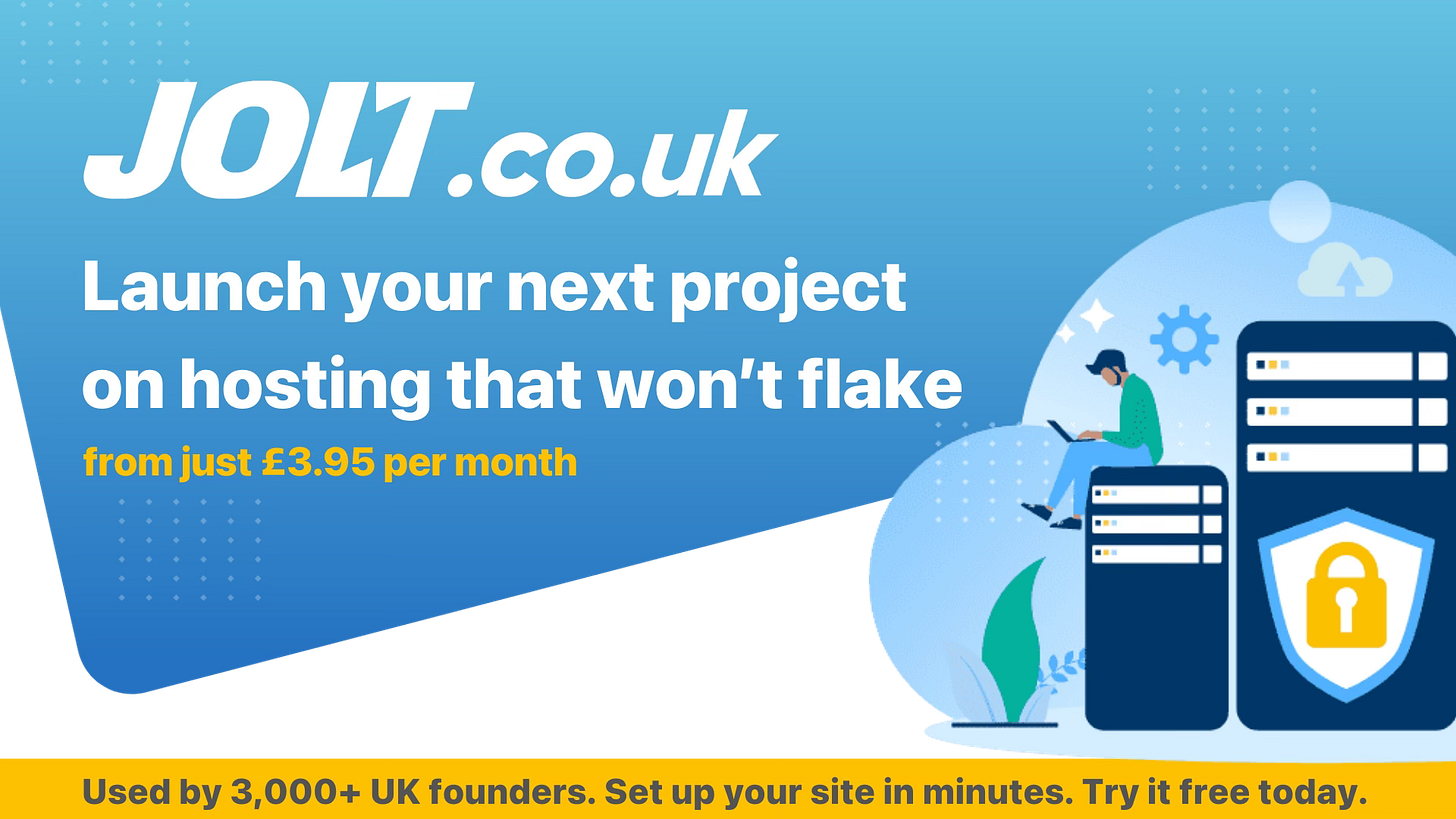Every ambitious person eventually meets a feeling they can’t name. It shows up in boardrooms, pitch decks, and at 1am when the room is dark and doubt gets loud.
It sounds like: I am not ready. Someone else should be leading. They’ll see I am not qualified.
We call it imposter syndrome, but that phrase hides more than it explains.
When I spoke to Lauren Currie, founder of Upfront, she did not hesitate: “I do not believe in imposter syndrome the way it has been sold to us.”
She is right. Feeling out of place is not irrational when you are one of few.
When you are the only woman on a panel, the only Black founder in a room full of investors, the only gay leader at a board table, or the first in your family to raise capital, that feeling does not come from personal weakness. It comes from context.
As Lauren put it: “You were never the imposter. You are operating in a system designed to make you feel like one.”
Imposter feelings do not mean you are unqualified. They often mean you are early in a room that has not made space yet. Early in a category no one believes in yet, or just a version of yourself still forming under pressure.
I felt it myself when I stepped out from behind the camera after 15 years to build Millennial Masters in public. I was comfortable producing and staying invisible. Speaking on camera, interviewing leaders, putting my name on something I believed in… that took repetition. Confidence didn’t just land one day, so I had to earn it by doing.
This feature is built on my conversation with Lauren and what she calls confidence as a muscle. Founders train it the same way they build companies: through repetition, exposure, accountability and reality.
Here is what actually works 👇🏻
— Millennial Masters is sponsored by Jolt ⚡️ Reliable hosting for modern builders
Self-doubt is not the enemy
Lauren Currie calls confidence a muscle. It grows through use and weakens through neglect. It is not a personality trait and it does not arrive one day fully formed. Confidence lives in repetition.
As Lauren told me in our conversation for Millennial Masters: “Confidence is not the absence of self-doubt. It is learning to move forward with it.”
Building anything meaningful means operating inside uncertainty for long stretches of time. Markets shift, hiring goes wrong, cash runs tight, and plans often break. There is no version of entrepreneurship that does not involve doubt.
Confidence grows the same way product does: small releases, constant iteration, feedback and consistency over time. That is the work.
Growth has a cost. Pay it anyway
Most people talk about confidence as a gain. Few talk about what it costs.
As Lauren told me at the very start of our interview: “As your confidence increases, you will lose people.”
Progress shifts your identity. You ask for more and you back your ideas. Not everyone is comfortable with that. Some people prefer you as you were because it keeps their own comfort intact.
This is true in teams and friendships. It shows up in families too. The higher you climb, the more you force others to confront their own stagnation. Some will respect it, some will resent it, and some will quietly step back.
Growth has a social cost, and it is a reason to keep choosing environments that stretch you rather than limit you.
How to build confidence like a founder
Lauren teaches something called scheduled self-doubt. It is simple: instead of letting negative thoughts follow you everywhere, contain them.
Set a timer for twenty minutes, write down every fear without editing. Then close the notebook and self-doubt becomes notes. Fear loses its grip when it has a place to live.
Action is the second part. Upfront has a principle called build the skateboard. Ship a small version fast. A bit like an MVP. Not the perfect release or the polished strategy, just enough to move. It breaks anxiety and motion builds belief.
Visibility matters as well. The myth that good work speaks for itself has buried more careers than failure ever has. Lauren calls it avoiding the cringe tax: the cost of being seen trying. Progress in public always feels uncomfortable. That discomfort is proof of growth, not a signal to hide.
Here is a simple playbook you can use:
Train confidence daily. Reps over motivation.
Use scheduled self-doubt. Think deliberately, not constantly.
Build the skateboard. Launch small and fast.
Stop apologising for existing. Save sorry for when it matters.
Choose your environment with intent. Growth needs witnesses.
Share your work. Reputation does not build in private.
The truth you need to hear
You are not broken because you sometimes feel like an outsider.
You are building something that did not exist before. Doubt comes with that territory. You do not have to eliminate it, you only have to keep moving.
Lauren said it best: “Confidence is a lifelong relationship with your ambition.”
Treat it like one. Back yourself before the world does.




Imposter syndrome is an imposter... 😁 I've always thought my chimp brain has 2 personalities 1 is the naughty one who is funny and cracks jokes & throws stuff around (metaphorically) when he feels a little scared & his other personality is to go hide - this is the imposter. I normally get the other chimp to throw things at him until he comes out fighting.. 🙊🙈
Growth always asks you to outgrow who you were yesterday.